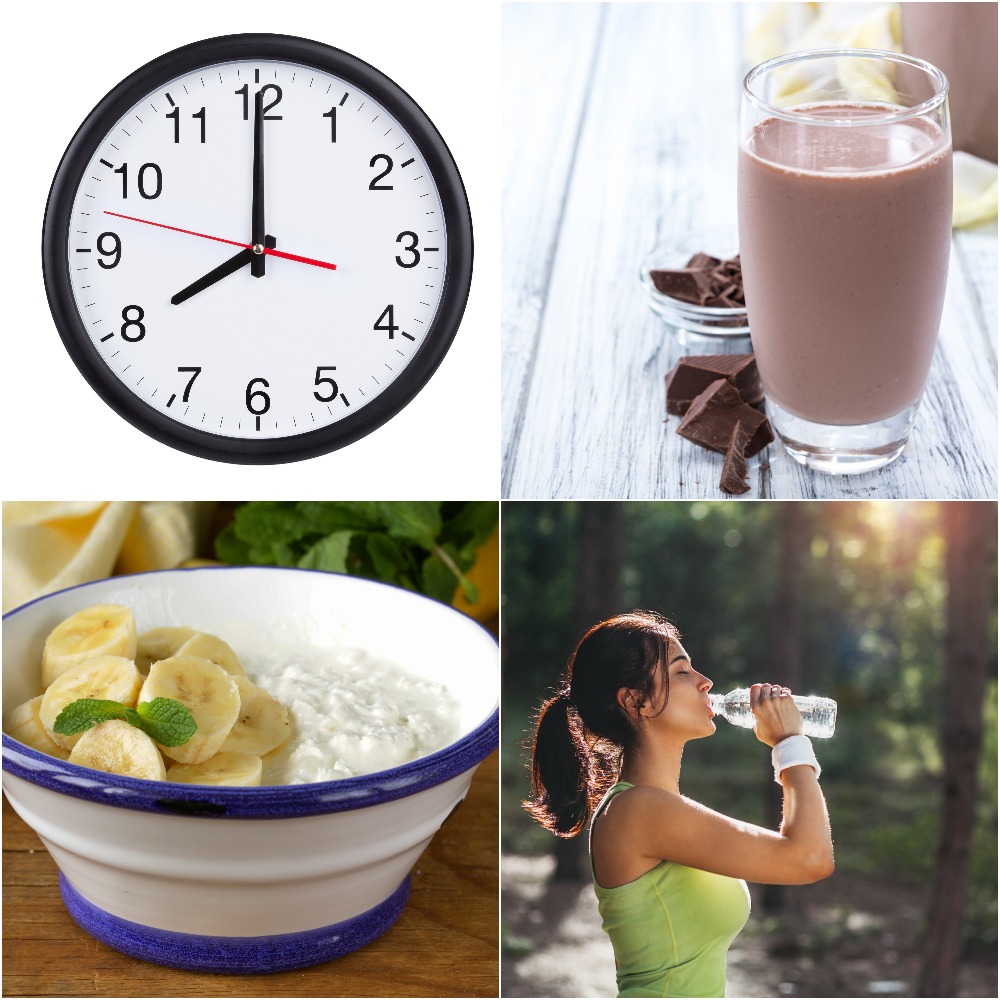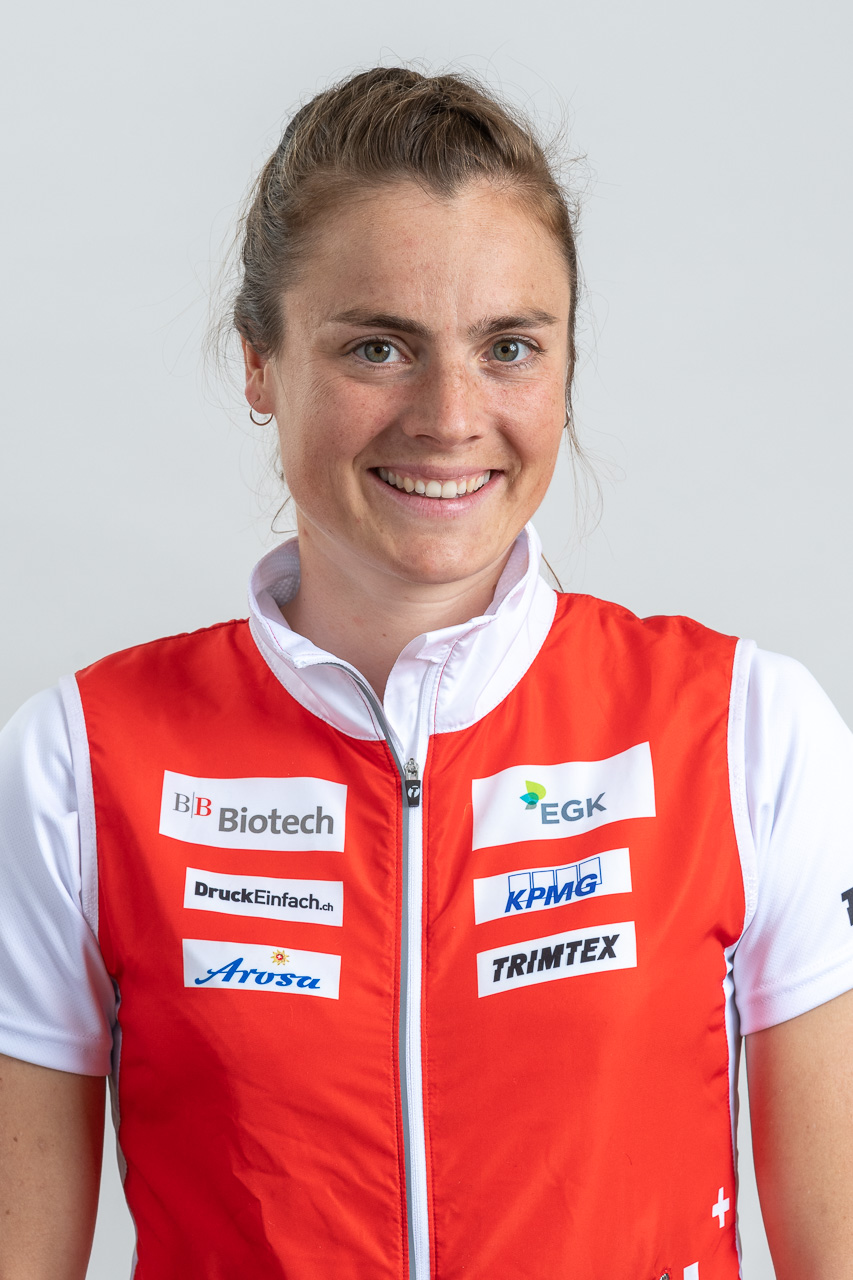The training or the competition is done, everything went according to plan. Unfortunately, the plan often ends here. A correct and timely replenishing of the energy reserves is at the core of an optimal recovery. So, when and what should you eat?
We asked Sarina Jenzer, an active top Swiss orienteer and nutritionist in training, for advice. In addition, the internationally successful Swiss marathon runner and running.COACH ambassador Viktor Röthlin told us what snacks he used to swear by after training and competitions.
Stay hydrated!
According to Sarina, after training and competitions, the compensation of the fluid deficit caused by the physical activity is her first priority. Thus, as a first step, drink to rehydrate the dehydrated body (rehydration). As long as you are thirsty, you can keep drinking. Water is best suited for this.
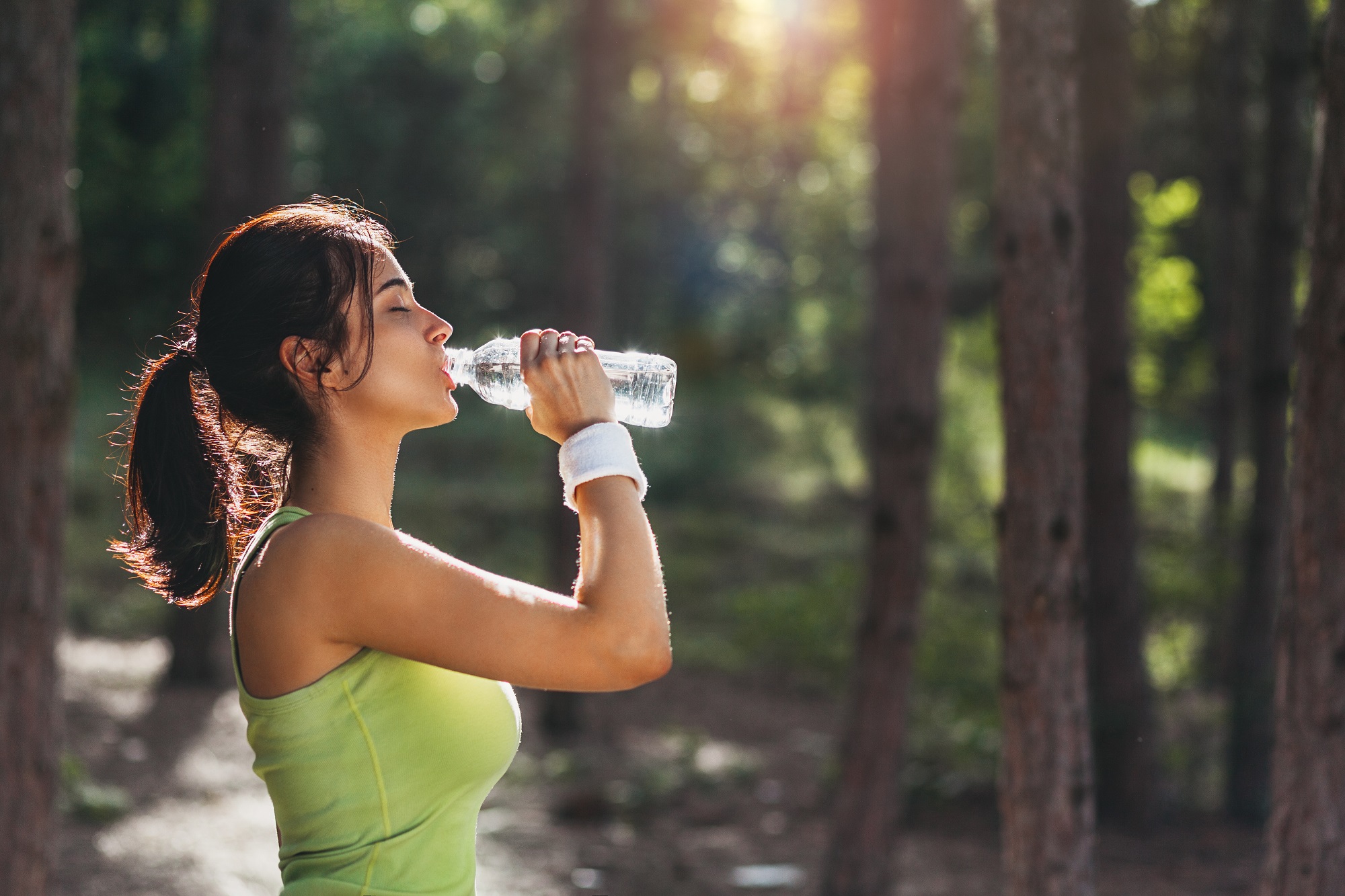
When should I eat what?
In general, there is a difference between higher and lower exercise loads. The more your body has to work, the greater its energy deficit and the more important it is to replenish your energy reserves on time. Right after particularly intensive or long training sessions you should eat something as quickly as possible. After a relaxed and short workout, this is less pressing. But watch out! It always depends on the total scope of the training. During training phases with generally high intensity or big training scopes, you should also pay attention to a quick supply of energy in addition to your fluid intake, even during short and rather easy sessions.
After an easy training session
After an easier workout (low intensity or length) with a smaller scope (time until the next workout equals more than 24h), hydration in the form of water is usually sufficient directly after the workout. Eating is not absolutely necessary if a larger meal is eaten within one hour after the end of the workout.
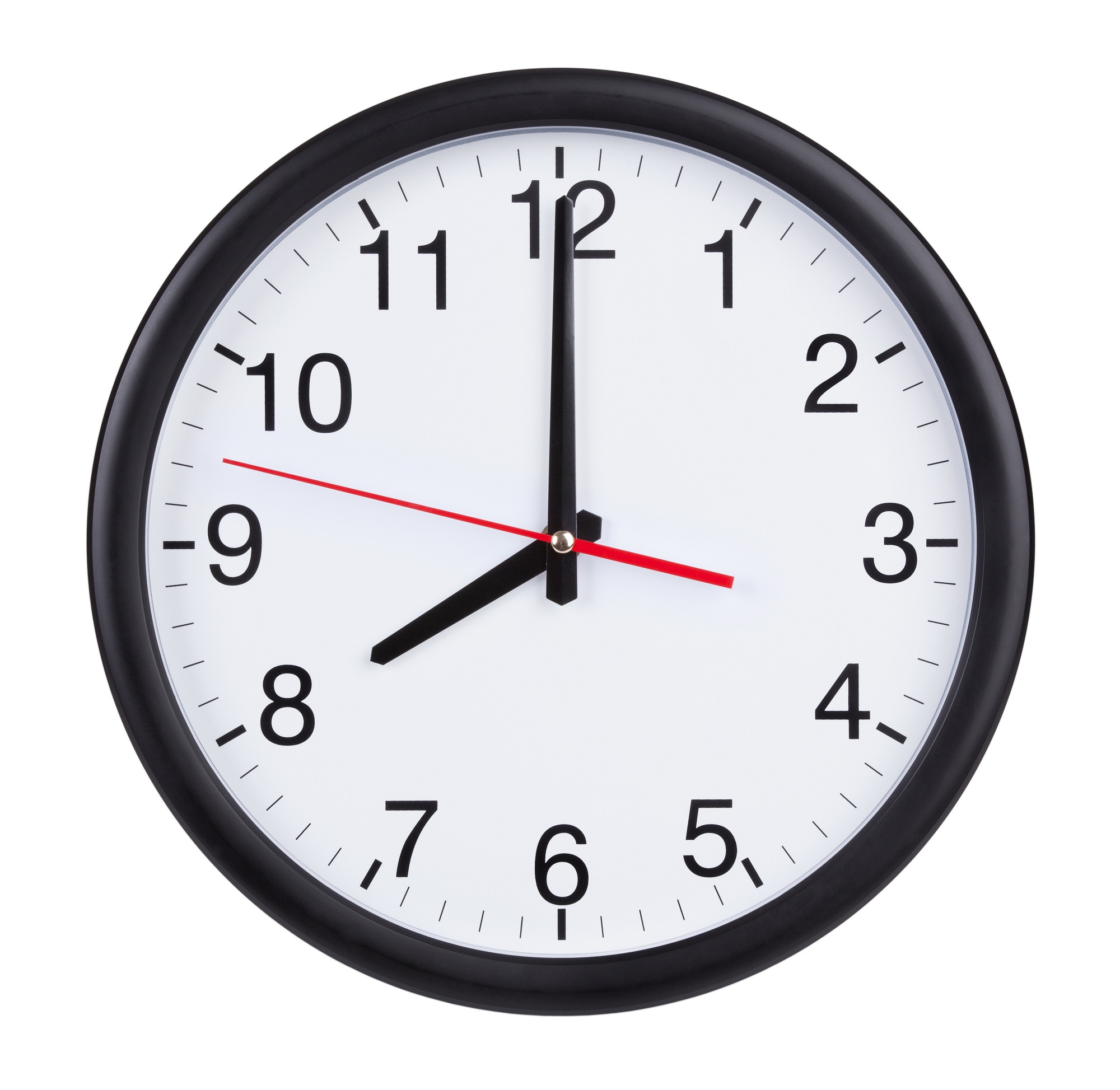
After a demanding training or competition
When eating after a hard workout, after a competition or during high training volumes (next workout on the same day or less than 24 hours later): the faster the better. In concrete terms, this means that within 15-20 minutes after training, food should be consumed in addition to liquid so that the recovery before the next session is optimal. But what is best suited as a regeneration snack?
Ideal recovery snacks
According to Sarina Jenzer, the optimal recovery snack contains both carbohydrates (20-50g) and protein (15-20g). The carbohydrates ensure that our glycogen stores are replenished, while protein helps to set muscle regeneration in motion as quickly as possible. Viktor Röthlin used to solve this problem by taking carbohydrates in the form of an energy gel in addition to water immediately after an interval workout or competition and then meet the need for protein with a protein bar after the cool down. Today, there is an almost infinite selection of products to support the regeneration phase. The most common are recovery drinks or bars. On the one hand, there are products that contain both carbohydrates and protein, and on the other hand, there are products covering only the protein requirement. With the latter, you should make sure to eat something that contains carbohydrates in addition, says Sarina.
As an alternative to these ready-made products, commercial foods can of course also be used as wonderful recovery snacks in the right combination! Sarina suggests the following options as examples:
1) Chocolate milk
2) Banana with quark (curd cheese)
3) Muesli with yoghurt
4) Sandwich with cheese or ham
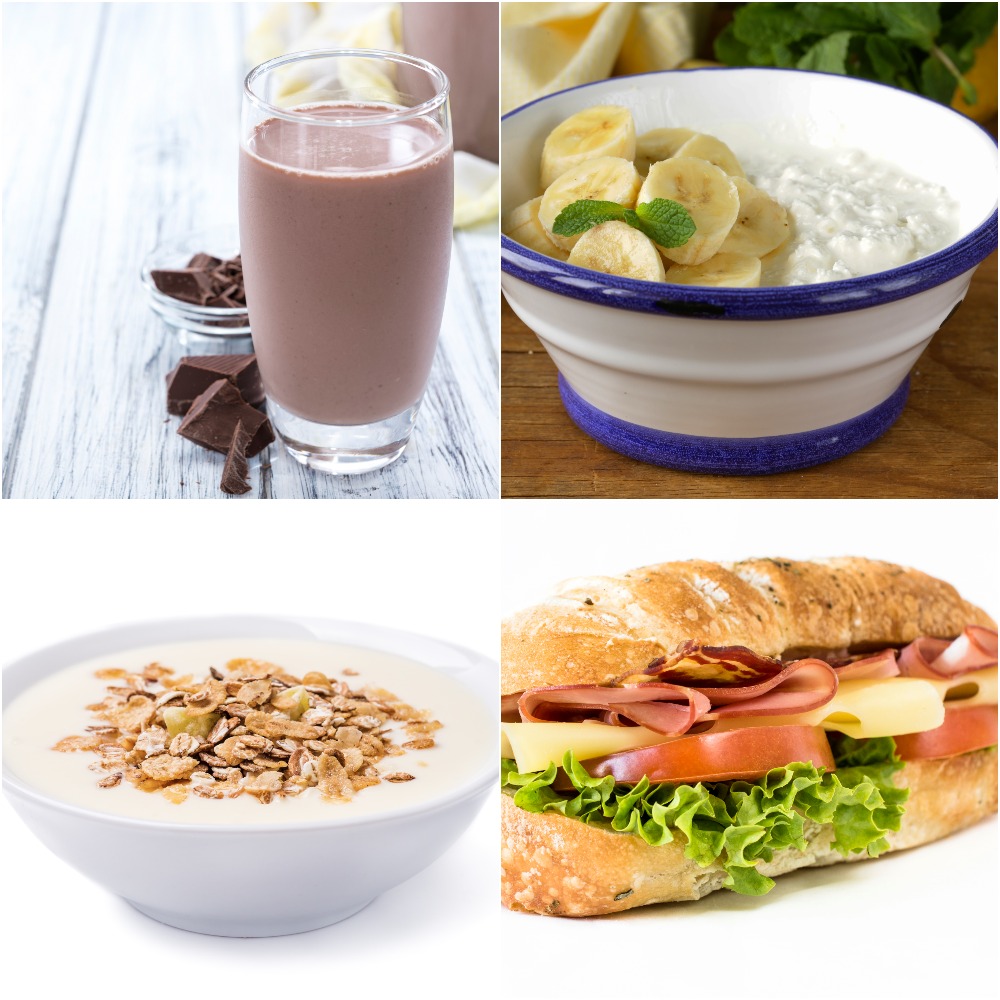
We hope these tips will help you and we wish you a good workout with optimal regeneration! 😉
Sarina Jenzer (28) is a member of the Swiss national orienteering team and has already celebrated several successes at European and World Championships. She lives in Bern and studies nutrition and dietetics at the Bern University of Applied Sciences with the goal of becoming a certified nutritionist.
Article by: Marion Aebi
Translated to English by: Denise Kaufmann

